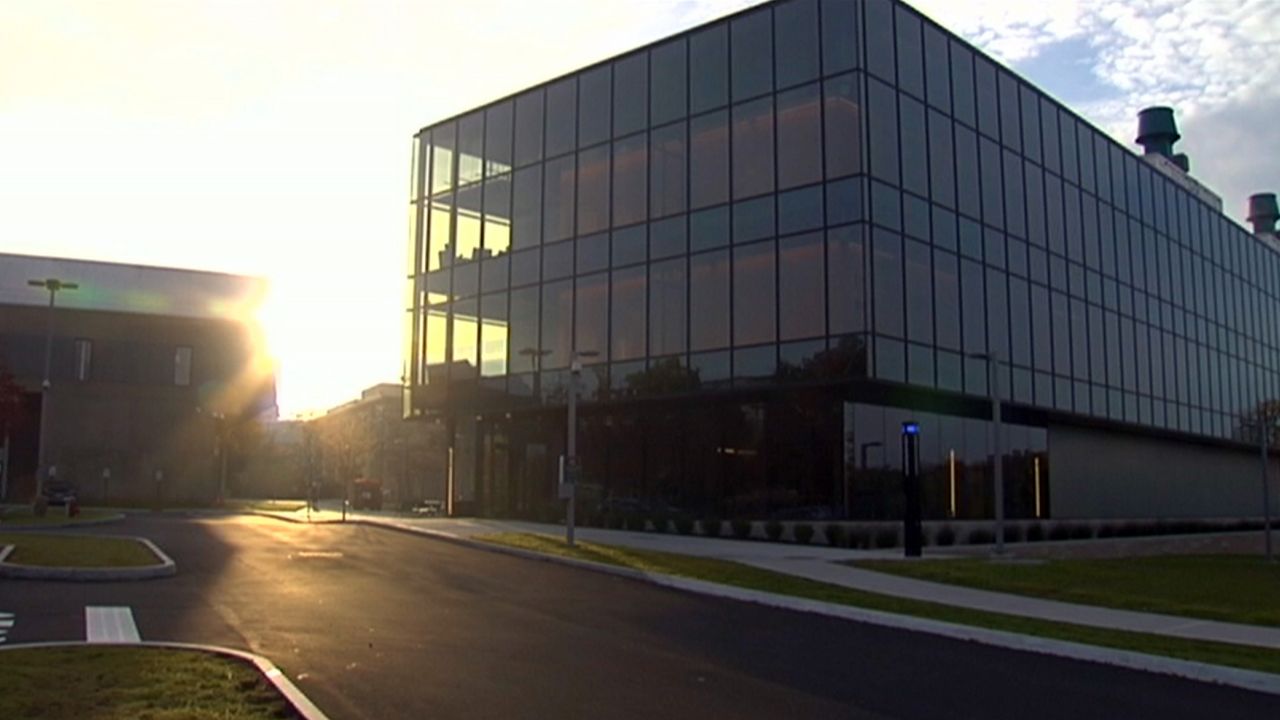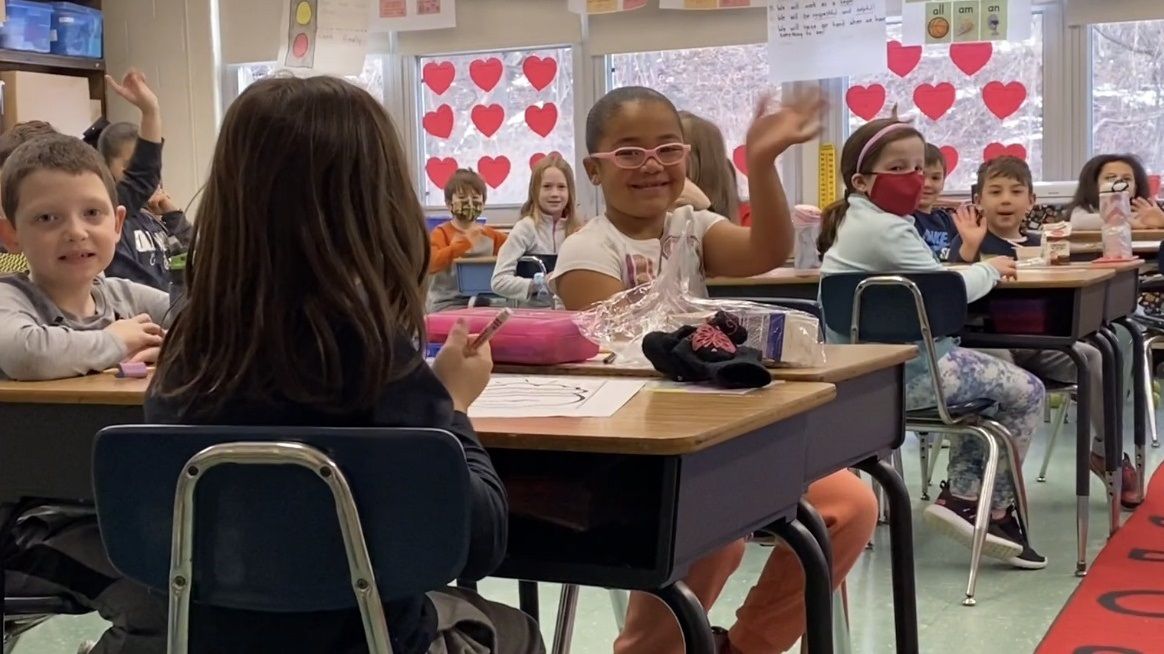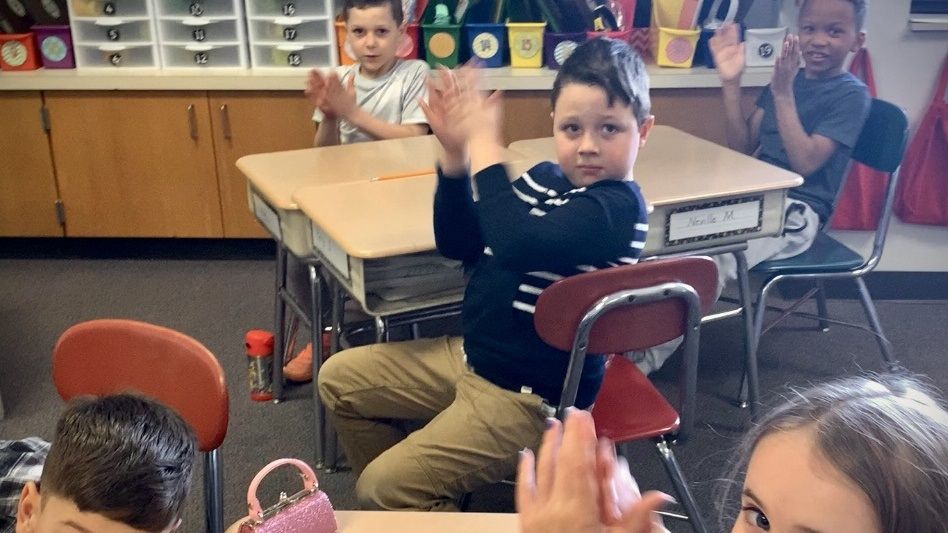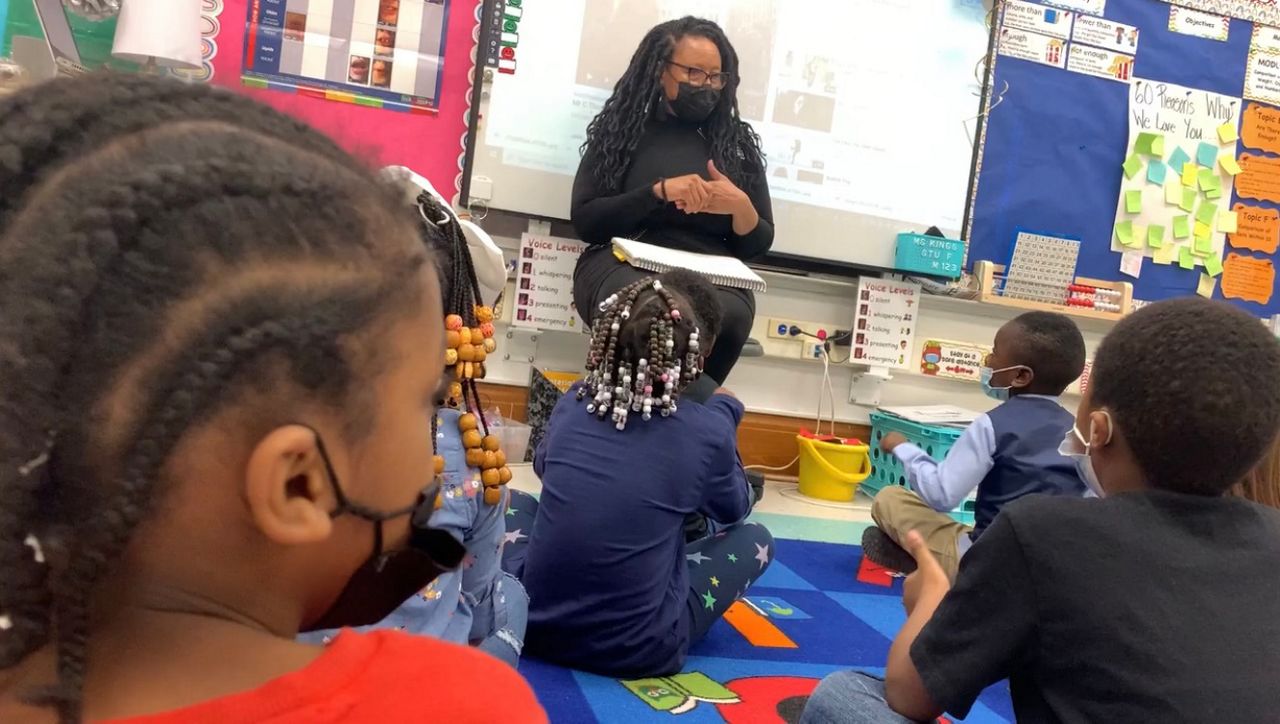Figuring out how to safely hold classes during the pandemic has been an unprecedented challenge for all colleges and schools across the country and especially in New York. But a Troy college has been embracing the challenges of COVID-19, incorporating the pandemic into their curriculum.
What You Need To Know
- Professors are currently adjusting to hybrid and online models due to the pandemic. Some of their students may be across the globe
- Biomedical courses are integrating the pandemic and the spread of COVID-19 into the curriculum
- The School of Humanities, Arts, and Social Science is using COVID-19 to discuss ethics
School looks a very different this year at Rensselaer Polytechnic Institute. Instead of students flooding the campus, students are spread out, learning all across the globe.
Juergan Hahn is head of the biomedical engineering department. He has students in the classroom and in China. He says trying to get everyone on the same schedule has been the hardest part of the new hybrid model.
“This is a new situation for all of us, so we are learning as we go along,” said Hahn. “Even if you schedule an exam online – you figure out a time during the day – but I have students stuck in China who are 12 hours ahead of us, so any reasonable time during the day for us, is not a reasonable time for them.”
And while the pandemic has brought a number of hurdles for all colleges, Hahn is using COVID-19 to his advantage, making it a teachable moment.
“I sat down and I thought, 'you know what? Everything that we learned in this class allows us to build a model on how the COVID-19 epidemic spreads,' ” Hahn said.
He says this gives the students something they can’t learn from a book.
“The students are always asking ‘what is the real world application on what we’re doing?’ Well, in this case, it was really easy to explain what the real world application is," Hahn said. "They immediately grasp it and say ‘OK, now I know what these tools are used for.’ ”
And it’s not just in the science department. At the School of Humanities, Arts, and Social Science, instructors are using COVID-19 and the way it impacts certain groups and demographics to discuss philosophies and ethics. This year, Susan Smith is changing her upper level bioethics course to discuss the impact COVID-19 has on values and ethics.
“Typically, it’s in-person and discussion-based, so now that we’re online, it’s definitely very different,” said Smith.
Using real-life scenarios gets students thinking in ways they haven’t before, like how COVID-19 is disproportionately impacting communities of color.
“[We study] how we conceive a race in a community and how that gets used in health care, so this has all been something I’ve been interested in forever, and now people actually also interested in it,” Smith said.
Both professors agree the current crisis in the U.S. is making students aware of new career paths.
“If you can get students in the engineering and STEM fields basically interested in the impact they can have, I’m all for it,” said Hahn.









